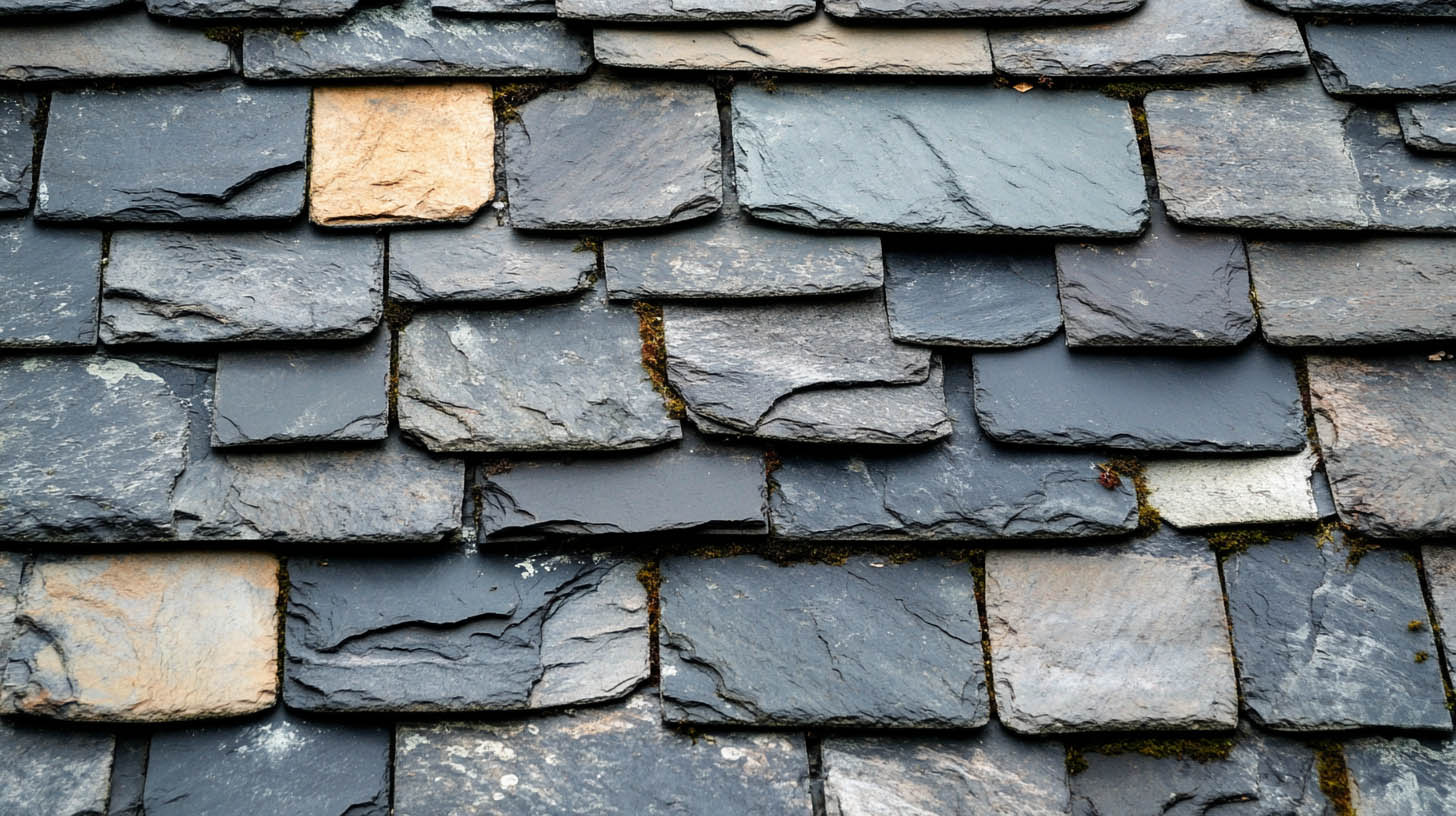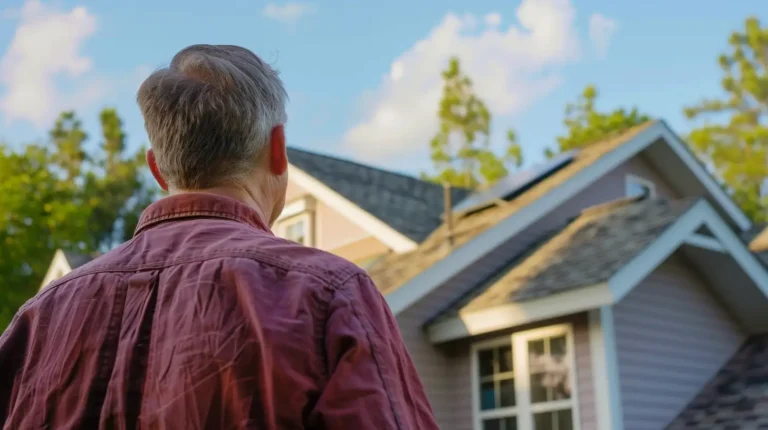
Blog
Repair or Replace Your Roof: Which Option Is Best?
Deciding whether to repair or replace your roof is a significant decision that impacts the safety, aesthetics, and value of your home. Factors like the type of roofing material, the extent of damage, and the roof’s overall condition play crucial roles in determining the best course of action. Avenue Roofing, based in Jacksonville, FL, specializes in helping homeowners make informed decisions about roof care.
This guide examines the key factors influencing whether to repair or replace your roof, ensuring you make the best choice for your home.

Roof Repair: When Is It Appropriate?
Repairing your roof is often the most cost-effective solution for minor issues. Below are the key considerations for opting for a repair:
1. Roofing Material
- Asphalt Shingles: Easy and affordable to repair.
- Metal Roofing: Rarely requires repairs due to its durability.
- Tile Roofing: Repairs can be more expensive but often worth it to preserve the roof’s longevity.
2. Extent of Damage
- Repairs are suitable when damage affects only a small portion of the roof.
- Issues like missing shingles or minor leaks can often be fixed quickly and cost-effectively.
3. Type of Damage
- Shingle Repairs: Straightforward and affordable.
- Punctures or Structural Issues: Repairs may require specialized tools and higher costs.
Fact Highlight: Roofs are typically measured in “squares” (100 square feet). Repair costs increase with the size of the damaged area.
Roof Replacement: When Is It Necessary?
A roof replacement is a long-term solution when the damage is extensive or the roof is nearing the end of its lifespan. Consider replacement if:
1. Roof Condition
- Persistent leaks or widespread damage are present.
- The roof shows signs of aging, such as curling shingles or sagging areas.
2. Professional Assessment
- A roofing contractor may recommend replacement if the cost of multiple repairs exceeds the investment in a new roof.
- Severe issues like water infiltration that damages ceilings or walls often require immediate replacement.
3. Benefits of Replacement
- A new roof eliminates ongoing repair costs.
- Modern roofing materials offer improved energy efficiency and curb appeal.
Comparing Costs: Repair vs. Replacement
- Minor Repairs: $500–$2,000 depending on materials and labor.
- Major Repairs: $2,000–$5,000, often including structural work.
- Full Replacement: $6,000–$15,000 based on roof size and material choice.
While replacement costs are higher, the long-term benefits of durability and lower maintenance often make it a more cost-effective solution.
FAQs About Roof Repairs and Replacements
Q1: How do I know if my roof needs replacement?
Signs include widespread leaks, structural sagging, and shingles nearing the end of their lifespan.
Q2: Can repairs extend the life of my roof?
Yes, minor repairs can delay the need for replacement if done promptly.
Q3: Does insurance cover roof replacement?
Insurance may cover replacement costs for damage caused by storms or other unforeseen events.
Q4: What is the average lifespan of different roofing materials?
Asphalt shingles last 20–30 years, metal roofs up to 70 years, and tile roofs 50 years or more.
Q5: Can I replace only part of my roof?
Partial replacements are possible, but they may lead to mismatched aesthetics and uneven wear.
Conclusion
Deciding whether to repair or replace your roof depends on the type and extent of the damage, as well as your long-term goals. Repairs are ideal for minor issues, while replacement ensures durability and reliability for years to come. For expert guidance, trust Avenue Roofing to evaluate your roof and provide tailored solutions.
If you want to read a blog about roof maintenance tips for preparing your roof for summer, click here.



